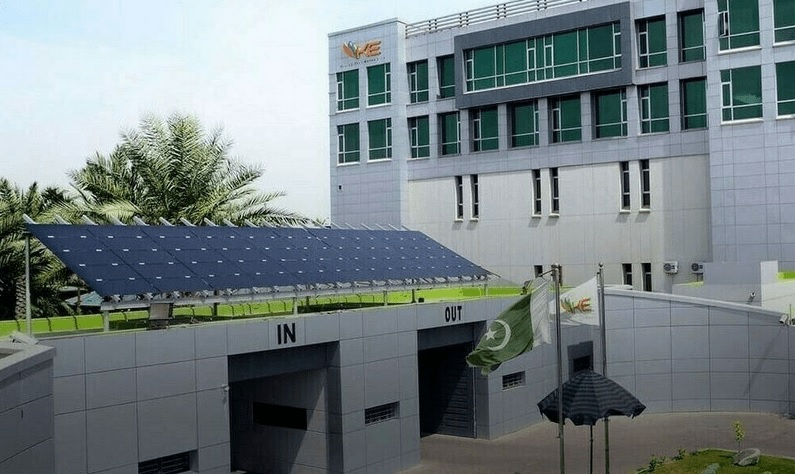Karachi, June 08, 2020: Eminent economist Dr. Kaiser Bengali has feared that the federation may further squeeze financial resources of the provinces by further reducing their share in divisible poor and it may further empty pockets of individual tax payers by imposing heavy taxes in the forthcoming budget to be announced on 12th June.
“Federal government may go to extreme level,” said Dr. Bengali speaking as a key note speaker at a live seminar on Zoom on forthcoming budge 2020-21 and NFC Award, organized by Pakistan Institute of Labour Education and Research (PILER) on Monday.
Dr. Bengali who remained Advisor to the Chief Ministers of Sindh and Balochistan on planning and development said that the federal government has already asked the four province to contribute their share in the six additional heads including share in development budget of Azad Jamu and Kashmir, Gilgit Baltistan, expenses on natural calamities, allocation of resources to meet security expenditures, loss-making enterprises, subsidies mechanisms and debt repayment.
He pointed out that in the agenda of the 10th National Finance Commission (NFC) Award meeting the government has indicated to curtail the share of the province, whereas according to the Constitution, provinces’ share cannot be reduced.
This step is, in fact, against the spirit of federation and if these centralised policies would continue, the provinces may demand to given them powers to collect all the taxes and then they will give the share to the federal government, Dr. Bengali said adding “in a way the federal government is paving the way for converting the state from federation to the confederation.”
The Sindh Chief Minister Syed Murad Ali Shah has rightly pointed out in a letter to the federal government against the agenda of forthcoming NFC Award meeting and asked to stop such policies, Dr. Bengali said adding that the federal government has to drastically reduce its non-development expenditures including non-combating defence budget.
“I am not an expert of the defence affairs, so cannot speak about the real combating defence and its budget, but certainly there is a room to cut the non-combating budget of the defence including reducing manpower and closing down various departments, which have duplicate functions,” he remarked.
Pakistan has Coast Guards and Maritime Security Agency, which are similar in function and nowhere in the world there are two separate agencies for the same nature of the work, even India does not have Coast Guards. “We have to spend budget on the welfare of people,” he remarked.
He said many countries including the USA and Thailand have reduced their defence budgets due to the COVID-19.
Dr. Bengali pointed out that due to pandemic Coronavirus economies of the world have suffered a lot and Pakistan is not an exception. “To survive in the pandemic, we have to ensure food security,” he said adding that the government should emphasise on how to produce more food products including wheat and pulses to save the human lives. “We have to focus on import substitutions in agriculture to save our foreign exchange,” he added.
The government should ensure that wheat, pulses, vegetable oil and other food crops are grown on more areas and for this the federal government should allocate a certain portion of land for growing food crops.
Dr. Bengali said that locust attack on agriculture crops has posed a threat to overall economy and serious efforts are needed to control the pests.
According to him, people should be united and raise their voice for their rights, otherwise, the government would not do much for their welfare. Until people are not coming on streets in thousands, the government would not listen to them, he added. There is a big scope for a socialist movement in Pakistan and for this purpose, the rights based and professional organisations should mobilise the general public.
Land reforms and spending on education, health, sewerage are necessary for the welfare of people, he added.
After 1977 the state has surrendered itself to the market economy, which is anti-people. According to Dr. Bengali the nationalization policy of Zulfiqar Ali Bhutto had saved Pakistan’s economy after 1971 War, when the country was broken into two parts and country suffered heavy losses.
“We can see that there was no negative impact on economy of Pakistan and the nationalization policy played main role in it,” he said adding that nationalization further generated economic activities and employment opportunities.
Earlier, in his opening remarks, Karamat Ali said that the pandemic COVID-19 has affected the working class a lot. Many industries have laid off thousands of workers due to lockdown and unemployment has increased a lot in the country. An unemployment allowance should be made part of the existing social security schemes, he added.
The other speakers underlined the need to initiated pro-poor schemes in the forthcoming budget.









